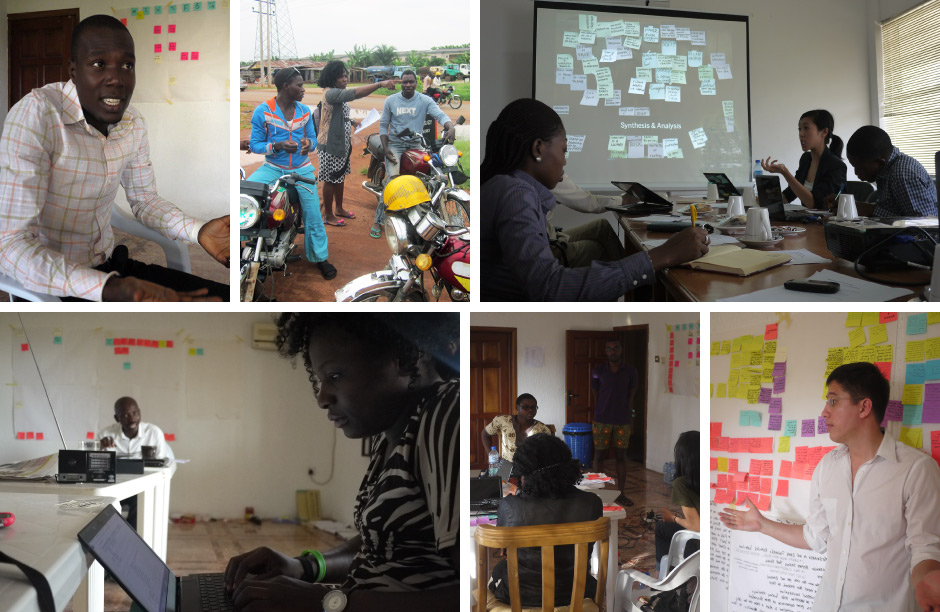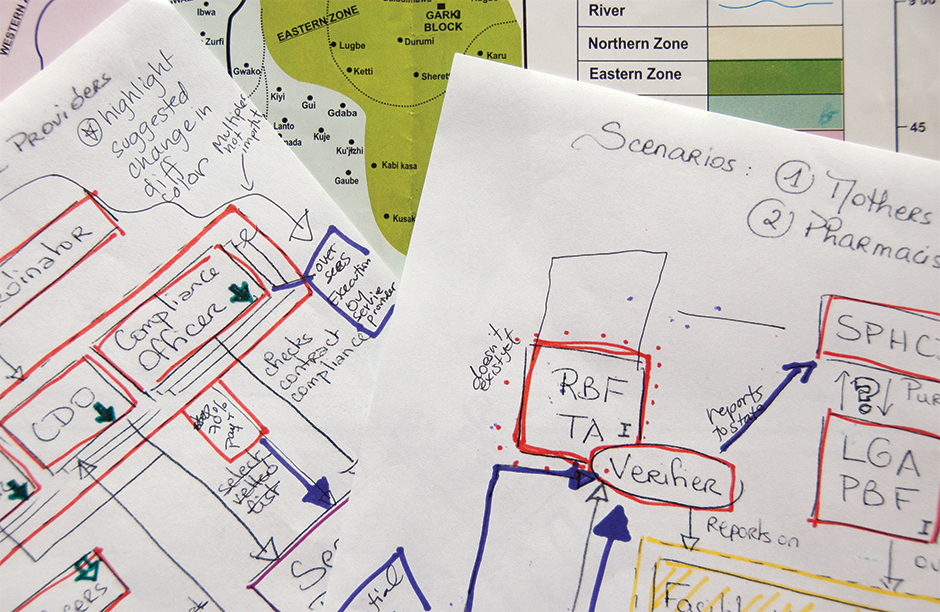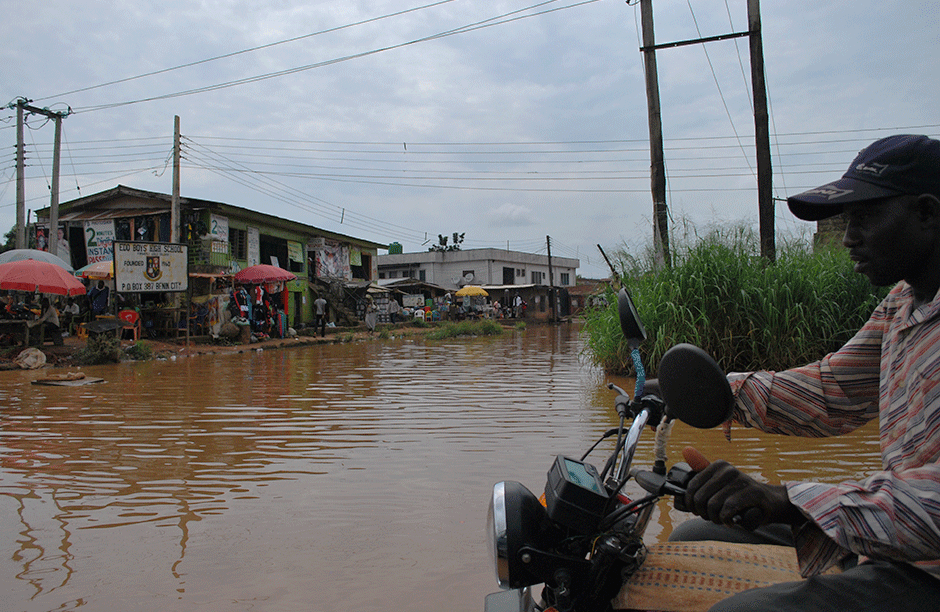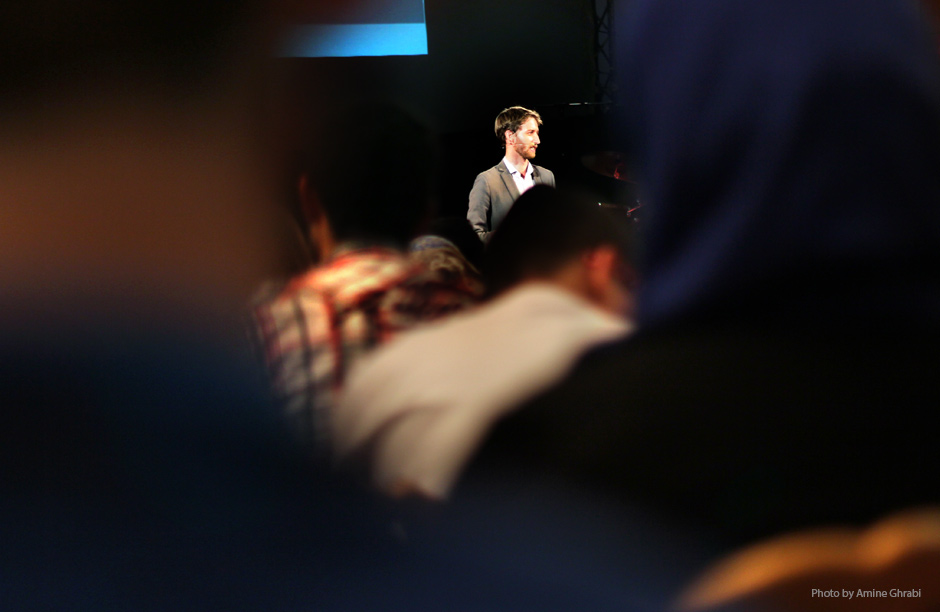Social Accountability
A Day in the Life of Reboot Nigeria
It’s 8:00am, and we’re up and running. Reboot Nigeria rises early.
We have a big day ahead of us. We’re working out of our office in Benin City in the Niger Delta. This week, we’re examining public works projects, working on an education-focused radio program we helped launch, training government officials on design research, and prototyping improvements to an elections monitoring platform. It’s a sizeable plate.
But first on the agenda this morning is research. Our focus: roads.
Specifically, we’re trying to understand the process through which public works projects go from inception to execution, and we’re doing so through the prism of road construction. Edo, one of the states we’re working in, has undergone a transformation in the recent years—the current Governor has made road building a key priority. Though only 10 to 15 percent of Nigerian roads are paved, the present … Read More »
Toward a 21st Century Social Contract
In a small office on East 20th Street in New York City, Reboot is working toward a social contract for the 21st century. We’re driven in this work, because the rules of the game are changing. An emboldened global citizenry, empowered by increased connectivity, is demanding more from its leadership: justice, accountability, a shot at a decent life, and a livelihood with dignity.
And, frankly, because we can do better.
Too many of the world’s people live in difficult, debilitating circumstances. Some factors are beyond our control. We cannot prevent the occurrence of droughts, floods, and earthquakes. Luck of the draw dictates whether we are born into a rich country or a poor one, with fertile soil or famine, with clean drinking water or waterborne diseases.
But many disasters are not random acts of fate. They are man-made, the products of bad decisions … Read More »
Hurricane Sandy as Seen from the Niger Delta
I have had a strange experience of watching Super Storm Sandy devastate the resilient city that Reboot calls home. As my colleagues and friends faced terrifying waters, set up makeshift offices where power was available, and helped their neighbors dig out from the storm, I have been watching idly by through images mediated by the likes of CNN and the Internet.
My distance from the suffering at home has been surreally conflated with my proximity to a similar, and inarguably greater, tragedy. I’ve spent most of the last few months in or around Nigeria’s Niger Delta region. During this period, the region has experienced the kind of devastation through floods that come once in a hundred years and they have catastrophically destroyed the homes and livelihoods of countless individuals and communities.





